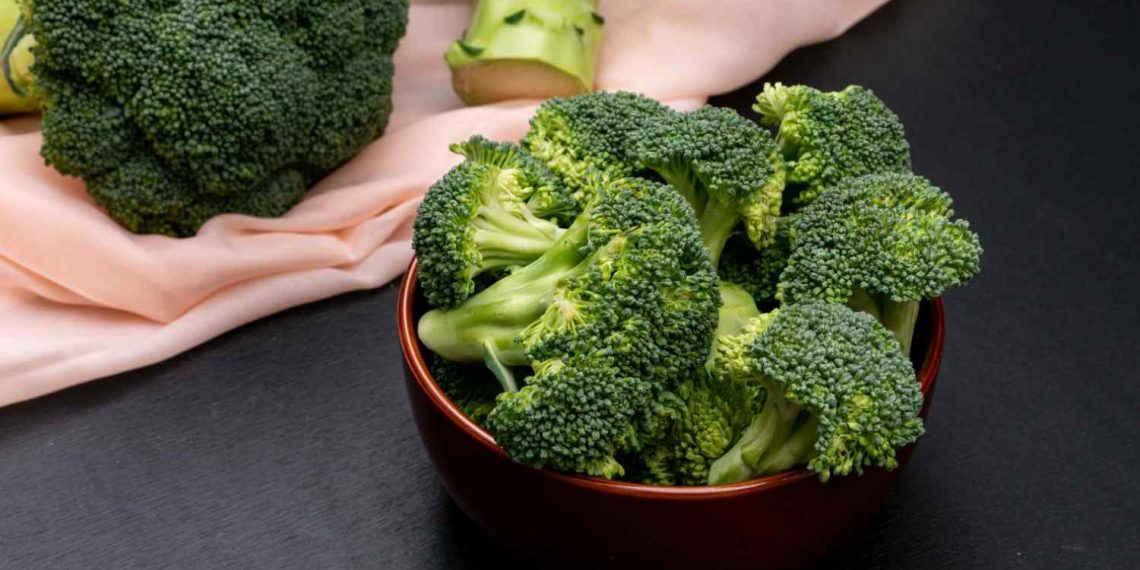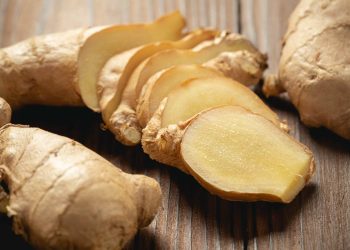Did you know that a simple green vegetable could have a significant impact on your bladder health? Yes, I’m talking about broccoli! This cruciferous powerhouse is often celebrated for its numerous health benefits, but its role in supporting bladder health might just surprise you. Let’s dig into five unexpected ways broccoli may benefit your bladder, along with some practical tips on incorporating it into your diet.
Contents
1. Rich in Antioxidants
Broccoli is packed with antioxidants, which are compounds that help combat oxidative stress in the body. Oxidative stress can lead to inflammation and contribute to various health issues, including those affecting the bladder. A study published in the Journal of Nutritional Biochemistry (2018) highlights how antioxidants can help reduce inflammation in the urinary tract.
Why It Matters
When the bladder is inflamed, it can lead to discomfort, urgency, and even infections. By eating foods rich in antioxidants, like broccoli, you may help keep your bladder tissues healthy and reduce the risk of these issues.
Practical Tip
Try steaming or lightly sautéing broccoli to preserve its antioxidant properties. Toss it with a little olive oil and garlic for a quick, delicious side dish!
2. Supports Detoxification
Broccoli contains sulfur compounds that play a crucial role in detoxification processes in the body. These compounds, particularly glucosinolates, can help the liver eliminate toxins that may affect bladder health. According to the National Institutes of Health (NIH), a healthy liver is essential for maintaining urinary health.
Why It Matters
A well-functioning liver helps filter out harmful substances, which can reduce the burden on your bladder. If your liver is overwhelmed, it may lead to an accumulation of toxins that can irritate the bladder.
Practical Tip
Incorporate broccoli into a detox smoothie! Blend it with spinach, apple, and a splash of lemon juice for a refreshing drink that supports your liver and bladder.
3. High Fiber Content
Broccoli is an excellent source of dietary fiber, which is essential for digestive health. A fiber-rich diet can help prevent constipation, which is important for bladder health. When you’re constipated, your intestines can put pressure on your bladder, leading to discomfort and urgency.
Why It Matters
Maintaining regular bowel movements can significantly reduce bladder pressure and the risk of urinary incontinence. A study in the Journal of Urology (2017) indicates a correlation between fiber intake and improved urinary function.
Practical Tip
Try adding broccoli to your salads, stir-fries, or even soups to boost your fiber intake. The more colorful and varied your meals, the better!
4. Anti-Inflammatory Properties
Broccoli contains compounds such as sulforaphane, which have been shown to possess anti-inflammatory properties. Chronic inflammation is a risk factor for various bladder conditions, including interstitial cystitis and bladder cancer.
Why It Matters
By incorporating anti-inflammatory foods like broccoli into your diet, you may help reduce the risk of these conditions. Research published in Cancer Prevention Research (2019) suggests that a diet rich in cruciferous vegetables is associated with a lower risk of bladder cancer.
Practical Tip
Roasting broccoli with spices like turmeric can enhance its anti-inflammatory benefits. Plus, it adds a delicious flavor!
5. Hydration Support
While broccoli isn’t a liquid, it has a high water content—about 90%—which can contribute to your overall hydration. Staying hydrated is crucial for bladder health, as it helps dilute urine and reduces the risk of irritation.
Why It Matters
Dehydration can lead to concentrated urine, which can irritate the bladder lining and increase the risk of urinary tract infections (UTIs). By eating water-rich foods like broccoli, you’re supporting hydration in a tasty way.
Practical Tip
Pair broccoli with other hydrating foods like cucumbers and tomatoes in a refreshing salad. It’s a great way to keep your hydration levels up!
FAQs
1. Can eating broccoli really help with bladder health?
Yes! Broccoli is rich in antioxidants, fiber, and anti-inflammatory compounds that can support bladder health and reduce the risk of urinary issues.
2. How much broccoli should I eat for health benefits?
Aim for at least 1-2 cups of broccoli per week to reap its health benefits. Incorporate it into various meals to keep things interesting!
3. Are there any downsides to eating too much broccoli?
While broccoli is healthy, consuming it in excess can lead to digestive issues like gas or bloating due to its high fiber content. Moderation is key!
4. Can I eat broccoli raw, or should it be cooked?
Both raw and cooked broccoli offer health benefits. Cooking may enhance certain nutrients, while raw broccoli retains maximum fiber. Mix it up!
Conclusion
Who knew that broccoli could pack such a punch when it comes to bladder health? From its antioxidant properties to its role in detoxification and hydration, this green veggie is a true ally for your urinary system. So, the next time you’re at the grocery store, don’t overlook broccoli!
And let’s be real—eating healthy doesn’t have to be boring. With a little creativity, you can enjoy this nutritious vegetable in a variety of delicious ways. Remember, research is ongoing, and while results are promising, always consult with a healthcare provider for personalized advice.
This article is for educational purposes only and is not a substitute for professional medical advice. Always consult a qualified healthcare provider before making changes to your health routine.
References
-
Hu, Y., et al. (2018). Antioxidants in broccoli: A review. Journal of Nutritional Biochemistry, 55, 1-10. https://www.sciencedirect.com/science/article/pii/S0955286317304779
-
National Institutes of Health. (n.d.). Nutrition and Health: The Role of Fiber. Retrieved from https://ods.od.nih.gov/factsheets/Fiber-HealthProfessional/
-
Xu, Y., et al. (2019). Cruciferous vegetable consumption and bladder cancer risk: A meta-analysis. Cancer Prevention Research, 12(5), 307-317. https://cancerpreventionresearch.aacrjournals.org/content/12/5/307
Get Your FREE Natural Health Guide!
Subscribe now and receive our exclusive ebook packed with natural health tips, practical wellness advice, and easy lifestyle changes — delivered straight to your inbox.















